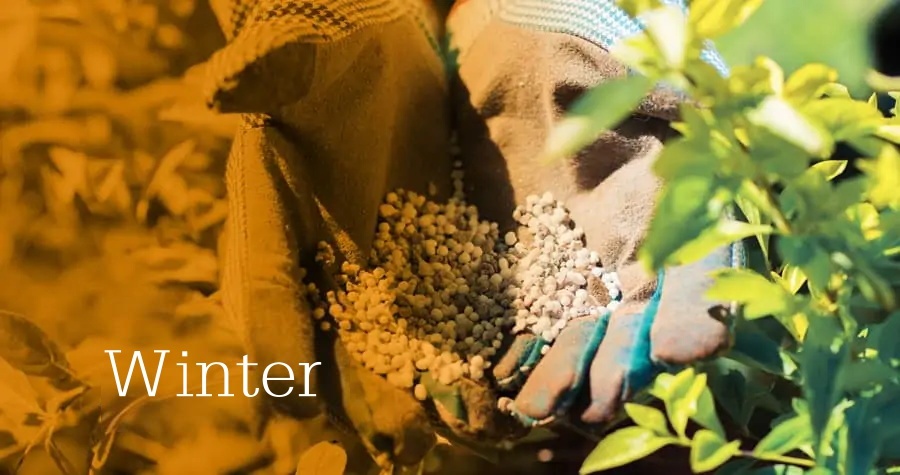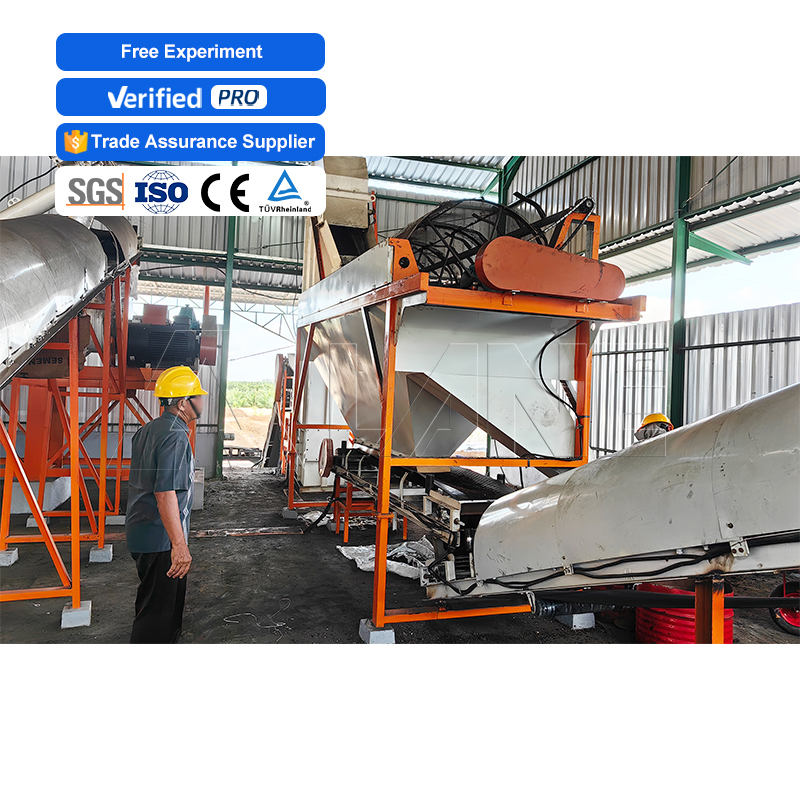Some people mistakenly believe that in winter, when the weather is cold and the temperature is low, the fertilizer produced will not volatilize, explode or burn, and will not be very corrosive. In fact, this is not the case.
Ammonium bicarbonate and ammonium sulfate in nitrogen fertilizers are not non-volatile under low temperature conditions, but they evaporate more slowly and in smaller amounts than in the high temperature seasons of summer and autumn; ammonium nitrate in nitrogen fertilizers, potassium nitrate and sodium nitrate in potash fertilizers, although they are prone to combustion and explosion at high temperatures, are also very dangerous if stored in the kitchen or near a heating stove in winter; the corrosiveness of superphosphate has little to do with the temperature.
Cloth bags and sacks will be corroded as long as they come into contact with superphosphate, and the contents of the bags, such as seeds, salt, and soda ash, will deteriorate. When nitrogen fertilizer volatilizes and encounters water vapor in the air, it will turn into highly corrosive ammonium hydroxide, which will cause the embryo to lose its germination power when it encounters seeds, deteriorate when it encounters grain, make it ineffective when it encounters pesticides, and corrode and peel off when it encounters wood products and ironware.

Sealed to prevent volatilization. Many nitrogen fertilizers, such as ammonium sulfate, ammonium bicarbonate, ammonium nitrate, etc., are extremely unstable in nature and are easily decomposed and volatilized during storage, reducing the fertilizer efficiency. Therefore, such fertilizers should be stored in airtight plastic bags or other sealed corrosion-resistant containers.
Waterproof and moisture-proof. The nitrogen fertilizers in nitrogen fertilizers can be dissolved in water, and are easy to agglomerate or dissolve in water after being damp or wet. Therefore, during storage and preservation, it is important to keep them dry and prevent the bags from being broken. If the bag is broken, it will begin to absorb moisture and agglomerate, and then it will dissolve and drip, causing losses.
Pay attention to fire prevention. Ammonium nitrate fertilizers are flammable and easily oxidized at high temperatures and catch fire or explode. Therefore, when storing such fertilizers, pay attention to fire prevention, do not store them near stoves, and do not store them together with flammable items. Fertilizers that can react chemically with each other are best stored separately.
Anti-pollution. Ammonia fertilizers and other fertilizers should not be placed in bedrooms or halls to prevent the volatile ammonia from irritating people’s eyes, noses and respiratory tracts and endangering health.
Anti-corrosion. Fertilizers are more or less corrosive, so the storage containers must be strictly selected. Carbon ammonia, superphosphate, etc. must not be stored in cloth bags, sacks and paper bags, but should be stored in plastic bags or porcelain jars. All kinds of fertilizer produced cannot be stored in the same room with seeds, grains, oils, farm tools, etc.
Henan Lane Heavy Industry Machinery Technology Co., Ltd., Zhengzhou, has been providing customized process and production line solutions for equipment manufacturing for the fertilizer industry for more than 20 years, including organic fertilizer production lines with an annual output of 1,000-200,000 tons, compound fertilizer production lines with an annual output of 1,000-300,000 tons, water-soluble fertilizer production lines with an annual output of 1,000-2—– tons, and liquid fertilizer production lines. We can not only provide you with production line solutions, but also solve other fertilizer produced problems for you.

For more details, please feel free to contact us.
Henan Lane Heavy Industry Machinery Technology Co., Ltd.
Email: sales2@lanesvc.com
Tel: +86 15515885328
Whatsapp: +86 15515885328